The following guide provides information about the ban on plastic produce stickers, pre-filled plastic soy sauce containers (including soy sauce fish containers), attached straws and cutlery, and expanded polystyrene (EPS) cup and bowl packaging
These bans will come into effect on 1 September 2025. Banned products cannot be supplied following this date.
At a glance
These bans will commence on 1 September 2025:
- Ban on non-Australian Standard (AS) certified compostable plastic labels affixed to produce (fruit or vegetables) for sale in South Australia
- Ban on pre-filled plastic soy sauce containers (including soy sauce fish containers)
- Removal of exclusion for straws and cutlery attached to or contained in a food or beverage product
- Removal of exclusion for expanded polystyrene (EPS) cup and bowl packaging
There will be a 3-year temporary exemption until 31 August 2028 for:
- Plastic produce stickers certified compostable to ATSM D6400 (US Standard), EN 13432, TUV OK compost INDUSTRIAL or TUV OK compost HOME as a transitional solution.
Plastic produce stickers
South Australia will be the first Australian jurisdiction to ban plastic produce stickers that are not certified compostable to Australian Standards (AS). The ban will apply to plastic labels affixed to fruit or vegetables for sale in South Australia. If South Australian produce is sold into markets outside the state, the ban will not apply. Businesses that import fruit into South Australia must ensure that where fruit and vegetables are labelled, those labels comply with the South Australian regulations.
More than 80% of South Australians have access to a green-lidded organics bin service, where household food waste should be placed. In addition, many South Australians are keen home composters. While plastic produce stickers should be removed, this does not always happen. The ban will ensure that plastic produce stickers do not turn up as a contaminant in compost outputs.
Some fruit and vegetables are stored for months before sale. In consideration of these practices, the ban will not apply to fruit and vegetables that were stickered and placed in cold storage or are held in any part of the supply chain prior to sale on 1 September 2025. This means that the ban will apply only to fruit and vegetables that are stickered and enter the supply chain from 1 September 2025.
What will be banned?
- Plastic produce stickers that are not AS certified compostable (conventional plastic stickers on produce such as apples, pears, avocados, bananas, citrus fruits, kiwi fruits and pineapples)
To ensure that businesses can utilise all certified compostable produce stickers available there will be a 3-year temporary exemption until 31 August 2028 for:
- plastic produce stickers certified compostable to ATSM D6400 (US Standard), EN 13432, TUV OK compost INDUSTRIAL or TUV OK compost HOME.
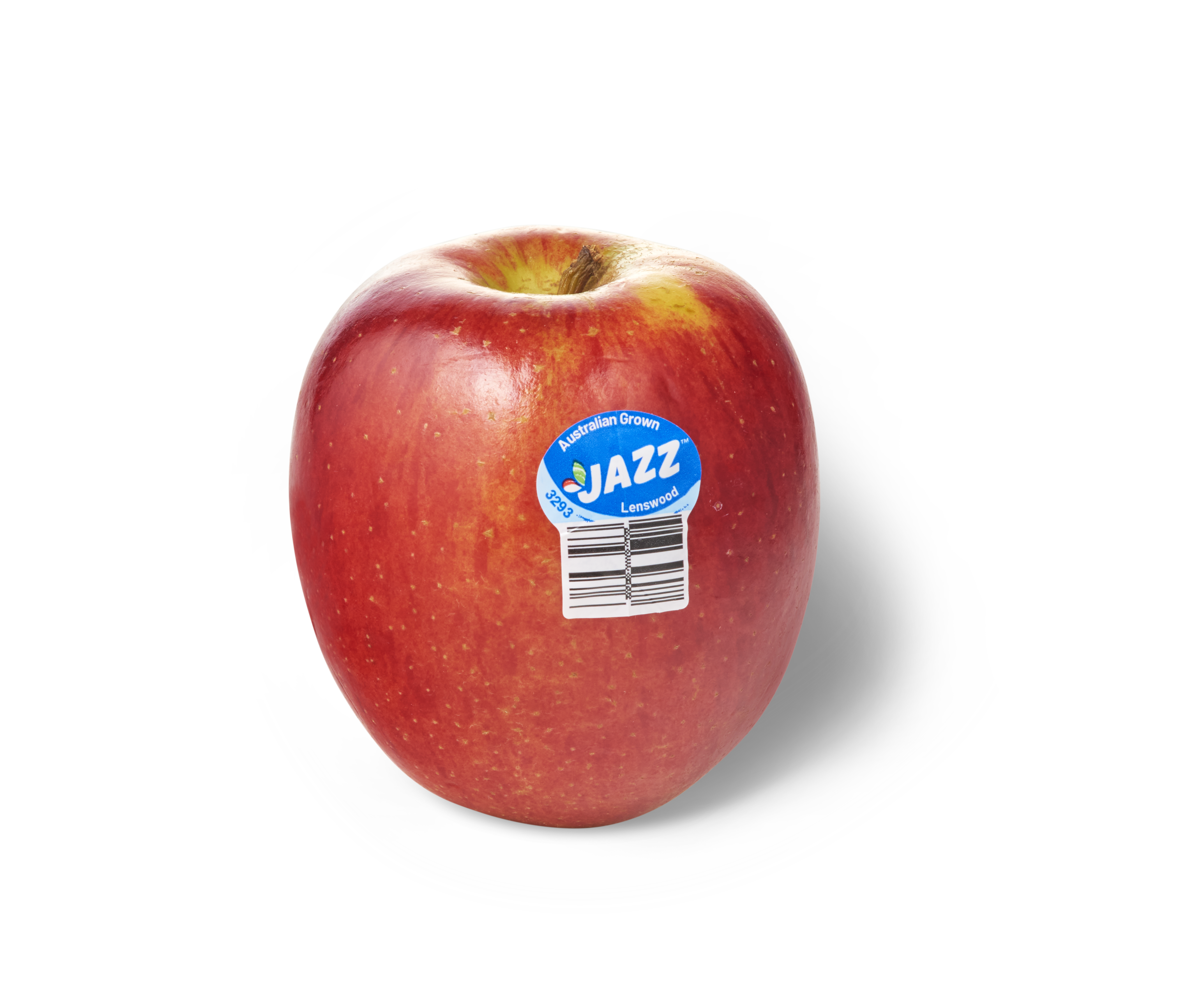
What won’t be banned?
- AS certified compostable plastic produce stickers, and before 1 September 2028, plastic produce stickers certified compostable to ATSM D6400 (US Standard), EN 13432, TUV OK compost INDUSTRIAL or TUV OK compost HOME
- Paper produce stickers without plastic coatings
- Labelling produce using laser or similar technology
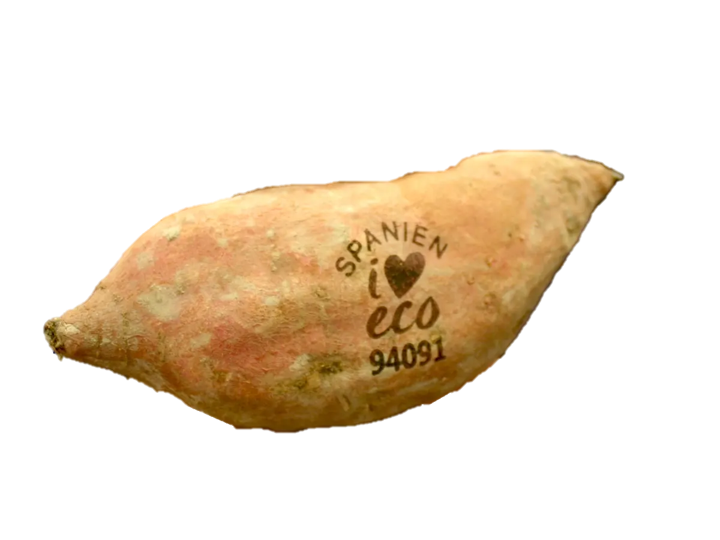
FAQs
- What are AS certified compostable products?
- What are ATSM D6400, EN 13432, TUV OK compost INDUSTRIAL or TUV OK compost HOME?
- What is the difference between Australia's industrial composting standard (AS 4736:2006) and Australia's home composting standard (AS 5810:2010)?
Plastic soy sauce fish containers
Small, single serve soy sauce containers are most commonly found in the shape of fish, but can also be pigs, small rectangular receptacles, and other assorted shapes. It is intended that the ban will cover all shapes of single-use rigid plastic containers, with lids, under 30 ml that are used for soy sauce and provided with takeaway foods (such as sushi).
What will be banned?
- Plastic soy sauce containers with a lid, cap or stopper, containing less than 30ml of soy sauce (including small fish-shaped containers and small rectangular containers)
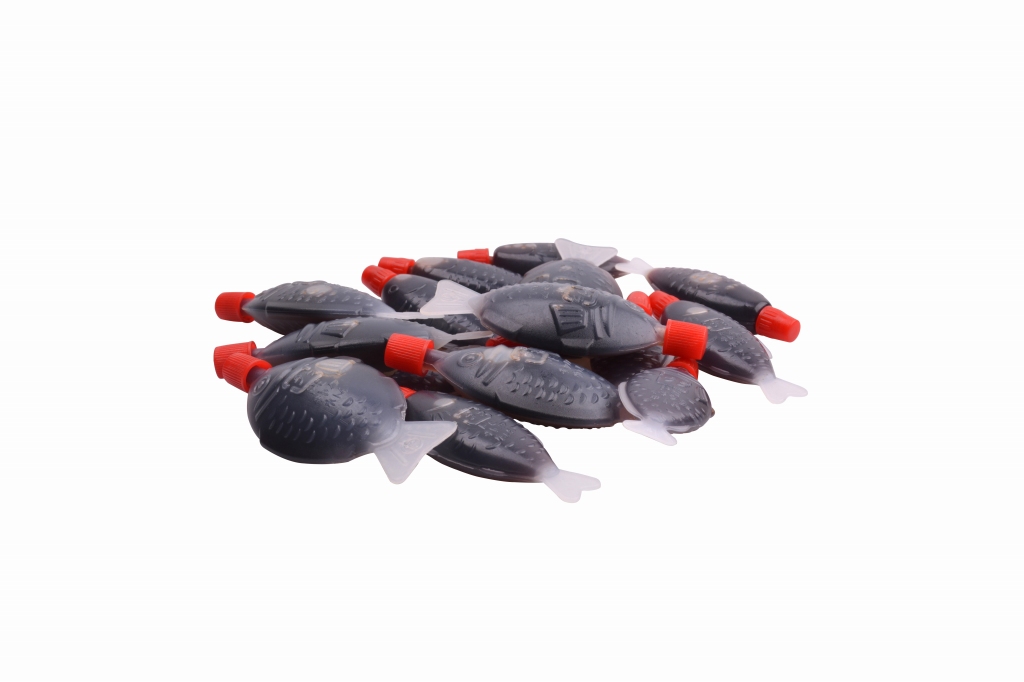
What won’t be banned?
- Sachets of soy sauce and sachets of all other condiments of any size
- Squeezy packs of soy sauce and squeezy packs of all other condiments of any size
- Containers of all other condiments pre-packaged off-premise
Small cup-shaped plastic sauce containers (with or without lids) that are filled on-premise (that is, not pre-packaged offsite) will already have been banned from 1 September 2024 (see the guideline on food and beverage containers).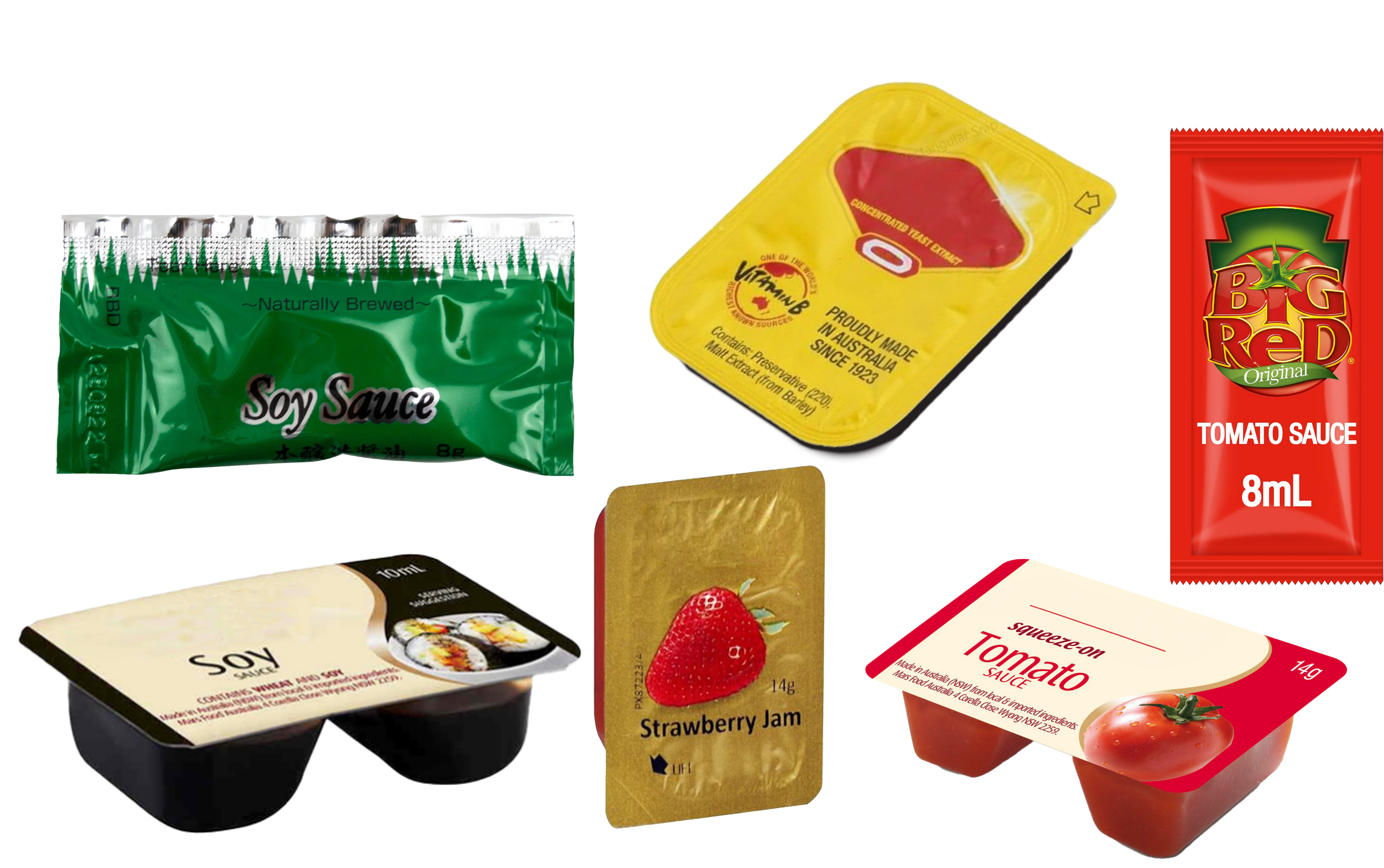
Single-use plastic drinking straws and single-use plastic cutlery attached to a food or beverage product
There is an exclusion for single-use plastic drinking straws and single-use plastic cutlery attached to, or contained within, a food or beverage product to enable or assist with consumption of the food or beverage. This will be removed from 1 September 2025.
Removal of this exclusion is in line with similar bans being put into place by New South Wales (from 1 January 2025) and by Victoria (from 1 January 2026).
What will be banned?
- Plastic cutlery either attached to or contained within a food container
- Plastic drinking straws attached to a drink container, for example juice drink containers
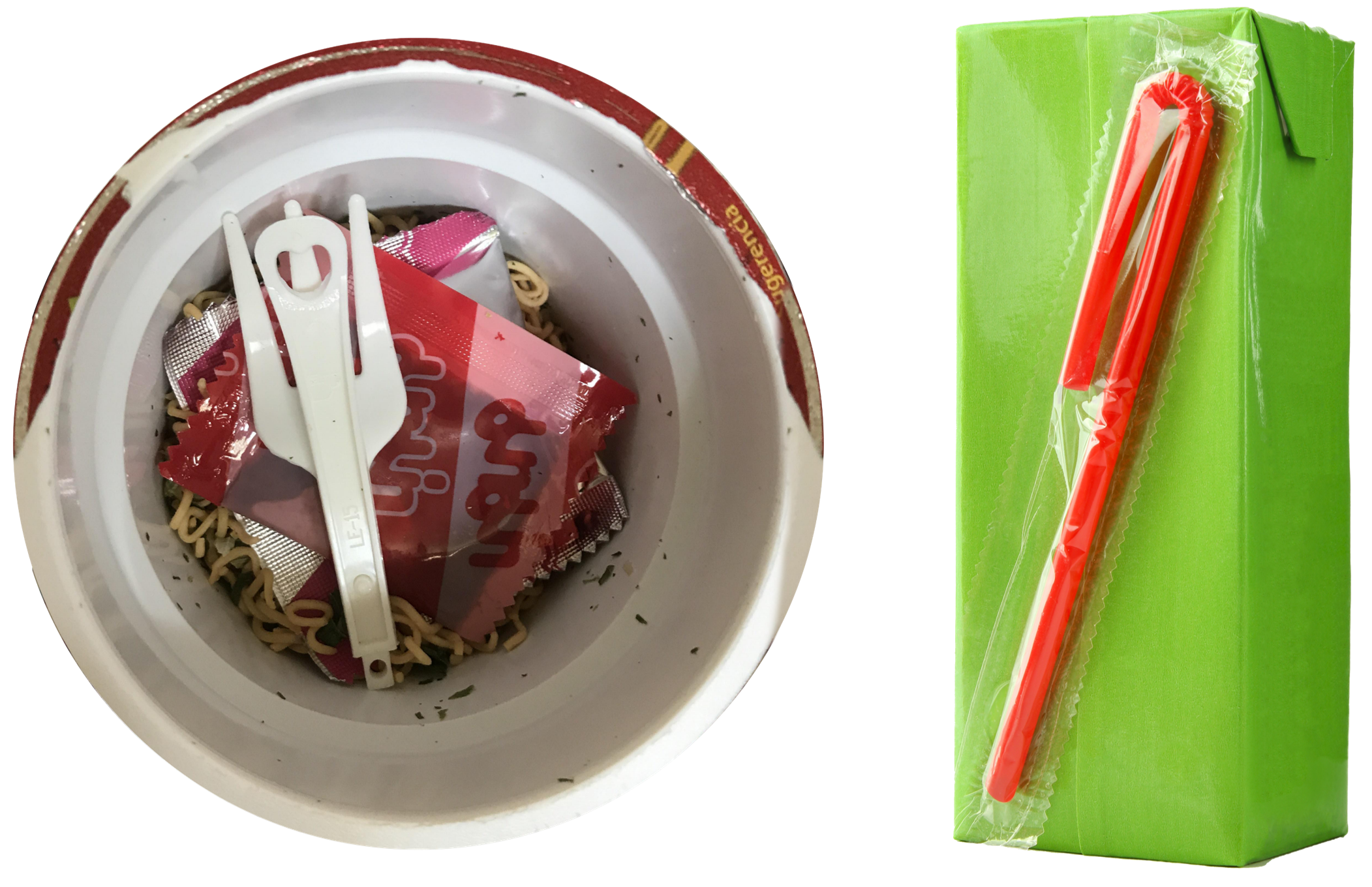
What won’t be banned?
- Plastic lollipop sticks
- Plastic ice cream sticks
- Plastic wrapping of straws or cutlery attached to container
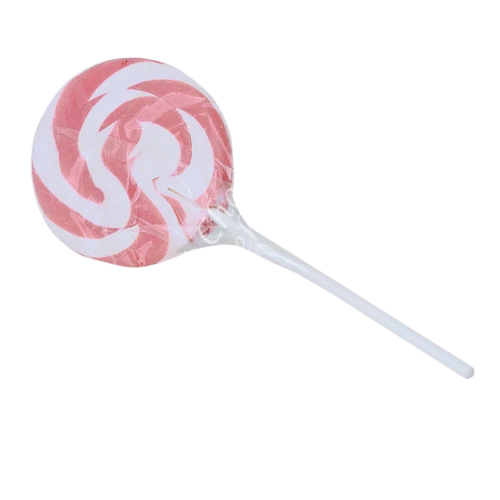
EPS cups and EPS bowls that form part of food or beverage packaging
From 1 September 2025, the exclusion in place for pre-packaged EPS cups and EPS bowls will be removed. This includes EPS that forms an integral part of the packaging of pre-packaged single serve food or beverage products that are either ready for immediate consumption or consumption after cooling or heating of the contents.
This is in line with similar bans being put into place by New South Wales (from 1 January 2025) and by Victoria (from 1 January 2026).
What will be banned?
- Pre-packaged EPS cups or bowls containing a meal (including noodles or pasta with flavouring)

What won’t be banned?
- Heat resistant plastic packaging, but not comprised of EPS, that is used for pre-packaged meals (including instant noodles and instant pasta)
- Plastic-lined or plastic-coated paper cups and bowls that are used for pre-packaged meals (including instant noodles and instant pasta)
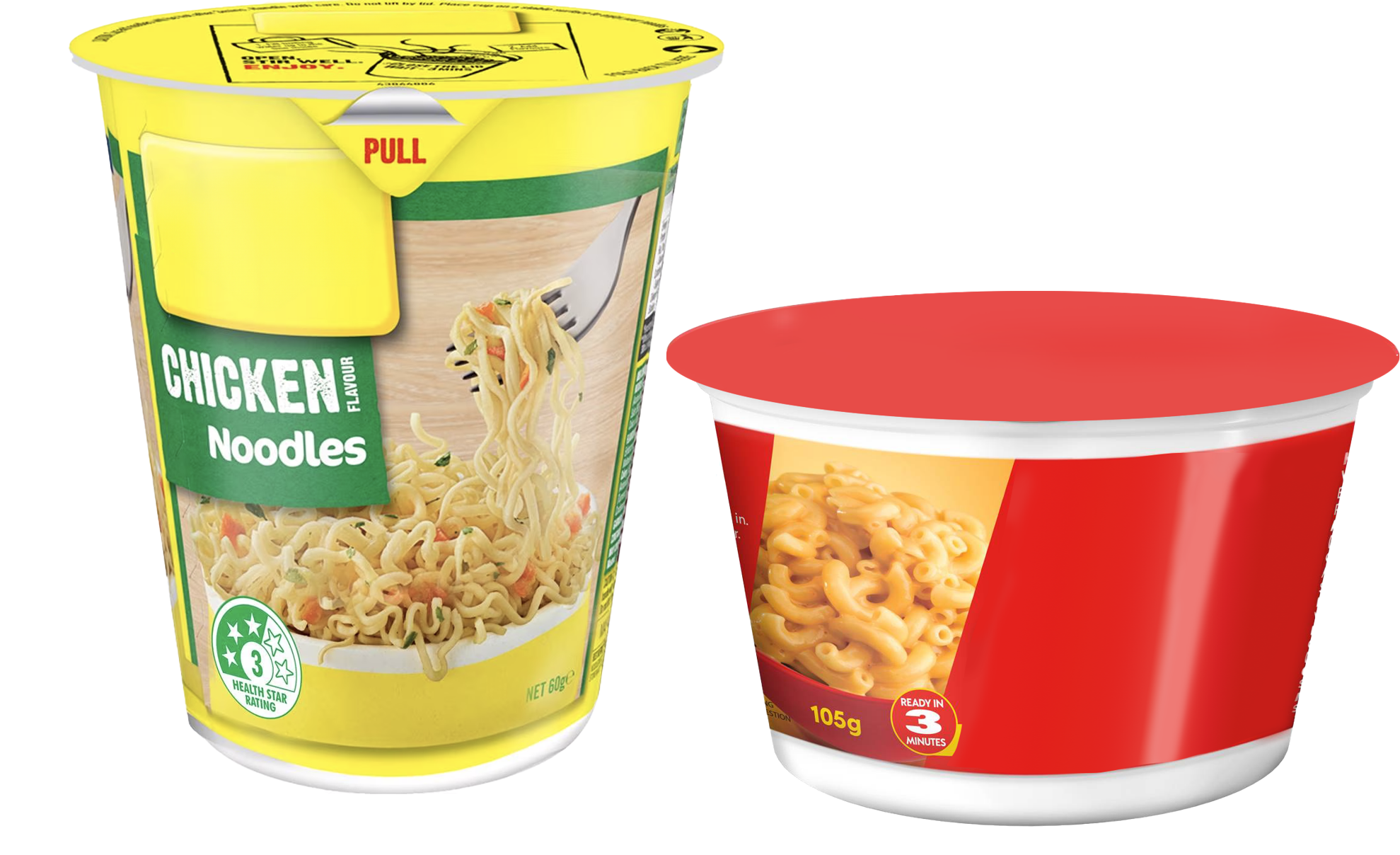


 AS 4736:2006 Biodegradable plastics suitable for industrial/compostable composting and other microbial treatment
AS 4736:2006 Biodegradable plastics suitable for industrial/compostable composting and other microbial treatment AS 5810:2010 Biodegradable plastics suitable for home or commercial/industrial composting
AS 5810:2010 Biodegradable plastics suitable for home or commercial/industrial composting